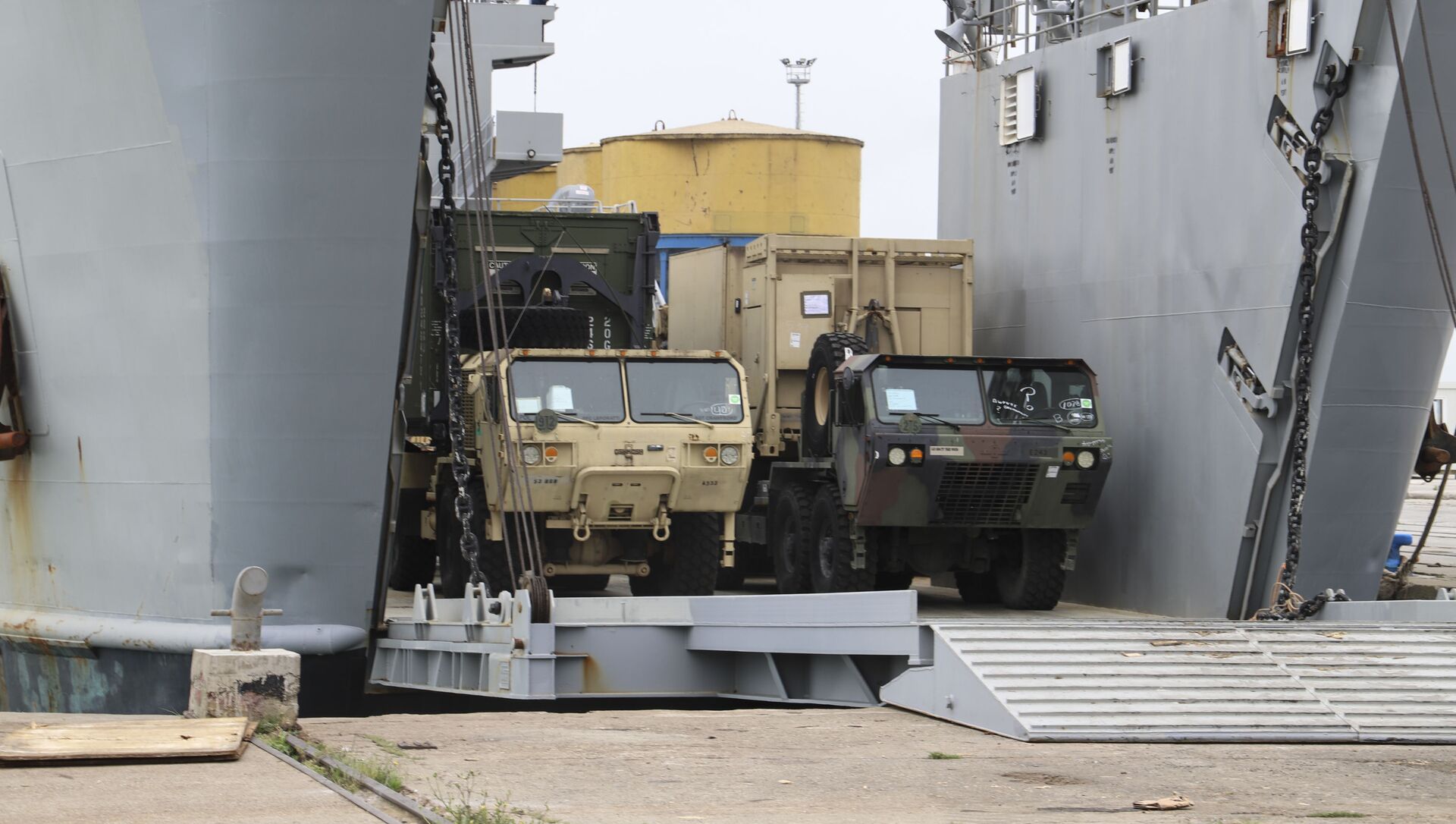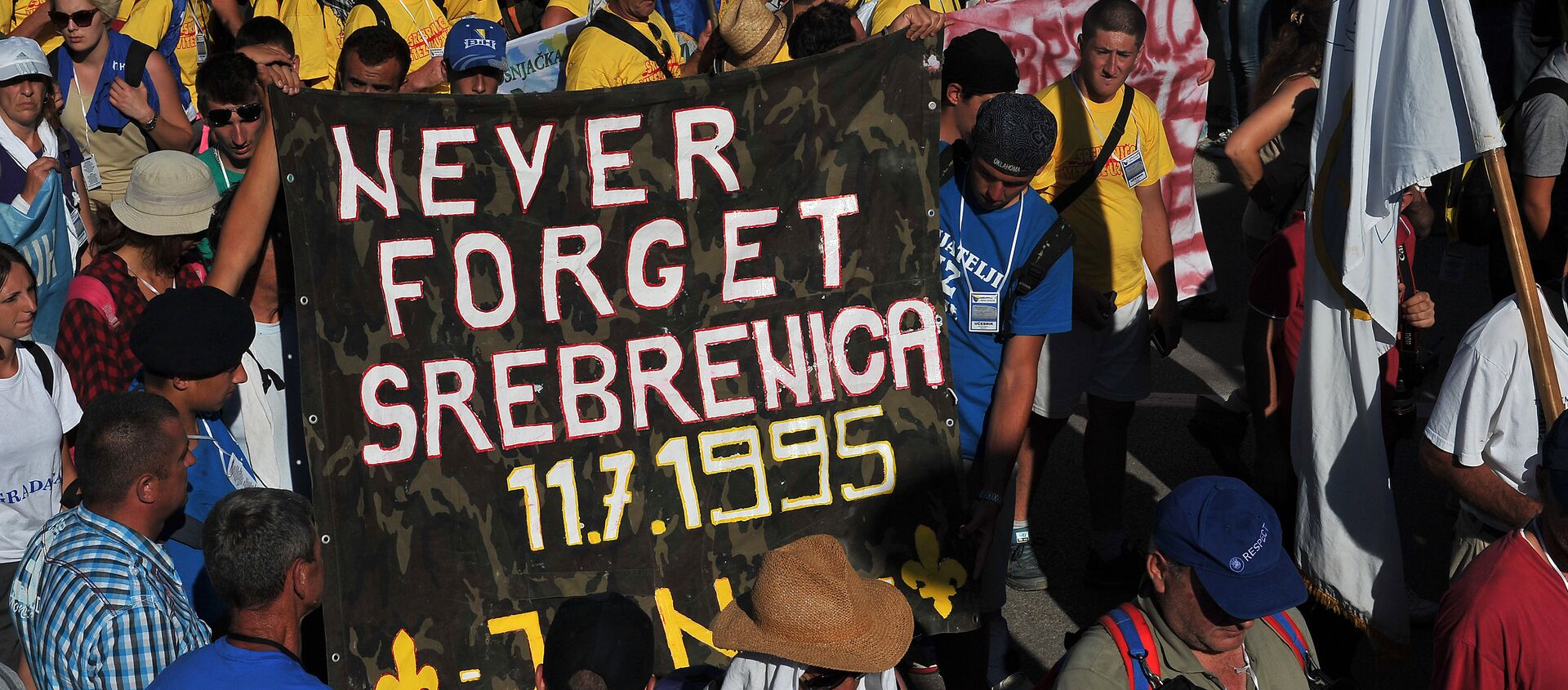Bosnia and Herzegovina’s military and diplomats from the US Embassy in Sarajevo will hold a welcoming ceremony on Saturday for US troops arriving in the country for the "Immediate Response 21" drills, part of the broader "Defender Europe 21" exercises, the country’s Ministry of Defence has announced.
The contingent of US troops is set to include over 300 personnel from the National Guards of Alabama and Florida, with the troops flying over 8,500 km across the Atlantic Ocean for the deployment. About 500 BiH troops are also set to take part, with the drills expected to run from 17 May to 2 June.
Immediate Response 21 is taking place across 12 European countries, including Bosnia, Croatia, Montenegro, and Albania (as host countries) and the US, UK, Canada, Greece, Northern Macedonia, and Slovenia. The broader Defender Europe 21 drills kicked off in the Albanian port of Durres on 4 May and are running across 12 countries and 31 separate facilities through May and June.
Some 28,000 servicemen and women are taking part in the drills, with troops to be trained for a variety of offensive and defensive operations in Eastern Europe and the Baltic states. Along with National Guard troops from Alabama and Florida, Guard units from Ohio, Tennessee, and West Virginia are also taking part. The drills are explicitly aimed at countering the alleged 'Russian threat" to Europe. Moscow has repeatedly warned NATO about the potential for escalation.
BiH is not a member of the Western alliance, but aspires to join. Earlier this month, Defence Minister Sifet Podzic announced that Sarajevo was on the "last rung" of its quest for membership, despite continued resistance to the initiative by many Bosnian Serb leaders.
NATO launched an air campaign in BiH known as "Operation Deliberate Force" in August 1995, with the two-and-a-half week bombings of Serbian-majority areas involving over 400 aircraft, with over 3,500 sorties flown out of the Aviano Air Base in Italy and US aircraft carriers stationed in the Adriatic Sea. Over 1,000 bombs, among them depleted uranium (DU) munitions, were fired, with 27 ethnic Serbian militiamen and 38 civilians killed, the latter in an attack on a market place in Sarajevo.
The campaign concluded successfully for NATO with the signing of the Dayton Peace Accords in December 1995, with the agreement failing to quell ethnic strife, and international minders accused of effectively running Bosnian politics and overrunning local elected officials’ decisions in the years that followed. The agreement also led to the stationing of thousands of NATO troops on BiH soil. The campaign in Bosnia was later used to justify NATO’s 78-day bombing in Kosovo in 1999, and the US-led interventions in Afghanistan and Libya in the 2000s and 2010s.




